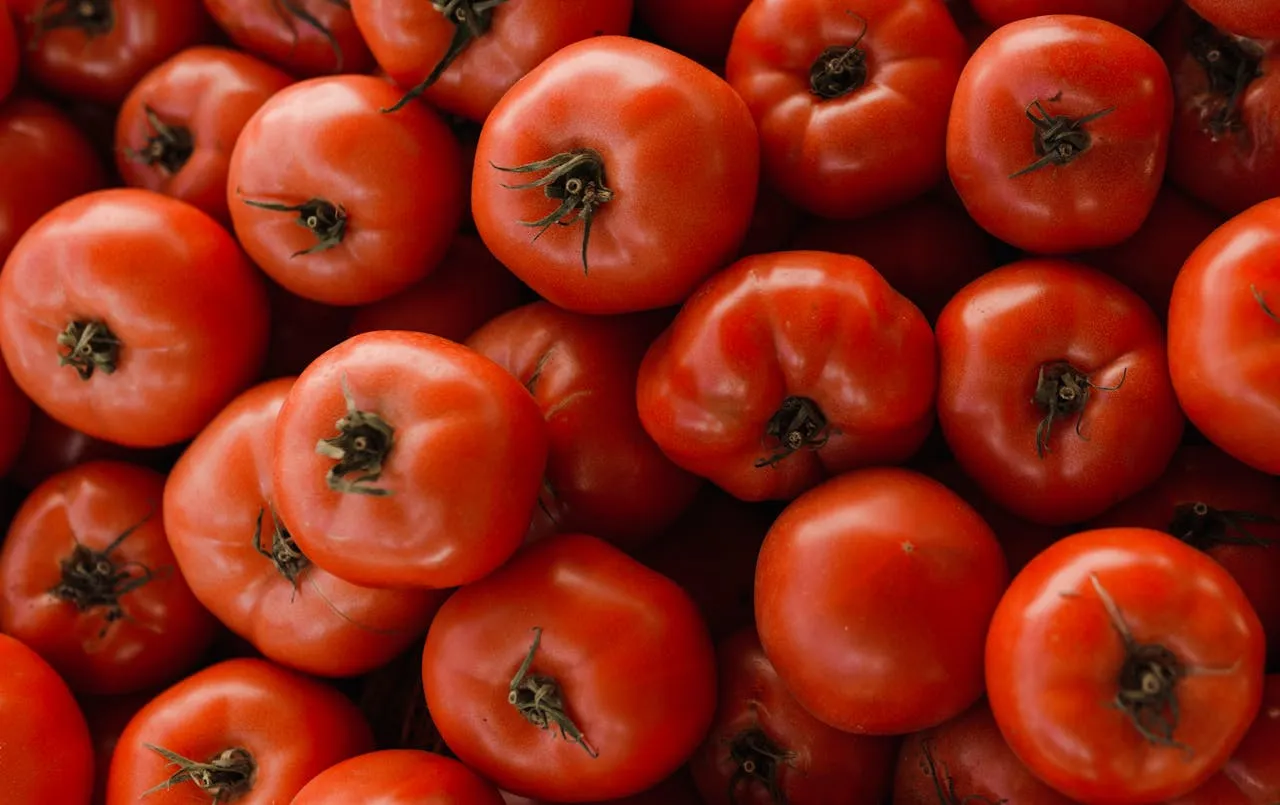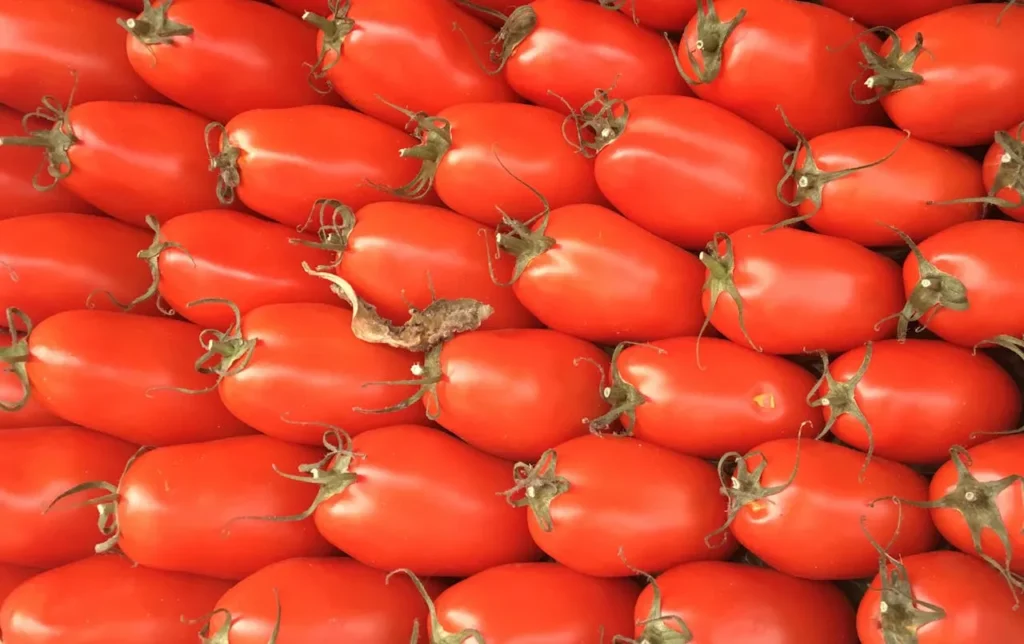
NatureSweet®, the top branded tomato company in North America, is raising serious concerns about the U.S. government’s abrupt decision to terminate the Tomato Suspension Agreement (TSA)—a decades-old trade arrangement that has served as the backbone of the North American fresh tomato market. This decision, the company warns, could severely destabilize the tomato supply chain, reduce consumer access to fresh produce, and jeopardize food safety and quality across the United States.
For nearly 30 years, the TSA has functioned as a critical stabilizing mechanism between the U.S. and Mexico, allowing Mexican tomato producers to export their products to the American market under agreed-upon pricing structures. The agreement, which has been revised and renewed multiple times since its inception in 1996, was designed to prevent unfair pricing while ensuring a steady and reliable supply of fresh tomatoes to U.S. consumers, especially during off-season months when domestic production falls short.
However, the U.S. Department of Commerce’s recent decision to terminate the agreement marks a sharp pivot in trade policy, and industry leaders like NatureSweet believe it could have far-reaching consequences.
A Vital Link in America’s Winter Produce Chain
Nearly 70% of all fresh tomatoes consumed in the United States—particularly during the winter and early spring months—are imported from Mexico. These imports are especially critical for maintaining the supply of specialty varieties like grape and cherry tomatoes, which are predominantly grown in greenhouse environments in Mexico. With domestic U.S. growers, especially in Florida and California, unable to meet year-round demand, the TSA has helped ensure that tomatoes remain available and affordable for American consumers.
The sudden termination of the agreement now subjects Mexican tomato imports to steep anti-dumping duties, which will likely lead to significant cost increases, logistical backlogs, and a sharp decline in availability on grocery store shelves. The consequences, according to NatureSweet, will be felt almost immediately and deeply throughout the food supply chain.
“Imposing duties on the bulk of our tomato imports overnight is a recipe for disruption,” said Rodolfo Spielmann, President and CEO of NatureSweet. “We operate in a thin-margin industry where efficiency, predictability, and stability are everything. Even though we manage our entire production process internally—from greenhouse cultivation to harvesting, packaging, and distribution—this change adds immense financial and administrative burden. Most growers and distributors, especially smaller or independent ones, don’t have the resources or flexibility to absorb these new challenges. This decision will push many of them to the edge.”
Threats to Quality, Affordability, and Food Safety
Beyond the immediate financial implications for producers and retailers, NatureSweet emphasizes that the termination of the TSA could have unintended and dangerous consequences for food safety and quality.
With greenhouse-grown Mexican tomatoes facing trade barriers, there may be a shift toward increased reliance on field-grown tomatoes in the U.S. and other regions—production methods that are often less controlled and harder to monitor. This shift could potentially elevate risks of contamination, reduce product consistency, and undermine consumer confidence in fresh produce safety.

“Increased pressures on less-resourced growers may lead to cost-cutting at the expense of quality and safety,” warned Spielmann. “We cannot afford to let this decision trigger a race to the bottom in agricultural standards.”
NatureSweet also drew attention to the vast differences in production methods. Unlike many field-grown tomatoes in Florida that are picked while still green and artificially ripened with ethylene gas, NatureSweet tomatoes are vine-ripened in controlled greenhouse environments, offering superior taste, texture, and freshness. This distinction, the company argues, highlights the importance of preserving trade relationships that ensure access to high-quality produce.
“Our tomatoes are grown in greenhouses and ripened naturally on the vine, ensuring consistent flavor and safety,” said Skip Hulett, Chief Legal Officer at NatureSweet. “That’s part of why we’ve become the number one branded tomato in the U.S. Consumers recognize and trust our products because we never compromise on quality.”
A Call for Constructive Dialogue and Long-Term Solutions
NatureSweet is urging policymakers, growers, importers, and industry stakeholders to return to the negotiating table and craft a modernized version of the Tomato Suspension Agreement—one that supports fair competition, safeguards U.S. growers, and ensures a reliable and diverse supply of tomatoes for American households.
“The TSA was never about picking winners and losers,” said Hulett. “It was about creating a framework where both U.S. and Mexican growers could coexist and thrive, while consumers benefited from access to a year-round supply of safe and affordable produce. Ending this agreement abruptly undermines all of that progress.”
The company stresses that its vertically integrated model allows it to do more than most growers to weather this disruption. But even with those capabilities, the company warns that the broader market will not be able to maintain current supply levels and pricing structures under the new trade regime.
“This isn’t just about us,” added Spielmann. “It’s about the entire tomato industry—an interconnected network of growers, retailers, distributors, and families. We need long-term, bipartisan solutions that support the entire value chain, not short-term decisions that disrupt it.”
Preventing a Food Security Crisis
NatureSweet is calling on the U.S. government to reconsider its course of action and reinstate a fair, transparent trade framework. The company argues that trade disagreements should not be allowed to spiral into a full-blown food security issue that leaves American families with fewer choices and higher prices at the grocery store.
“Let’s not allow a trade dispute to evolve into a food crisis,” Hulett concluded. “We urge all parties to work together, fix the agreement, and put consumer needs first. The stakes are too high for inaction.”
As the tomato industry grapples with the consequences of this pivotal policy shift, NatureSweet says it will continue to do everything possible to uphold its commitment to quality, minimize price increases, and ensure that its tomatoes remain a trusted staple on America’s tables. However, the company reiterates that a sustainable resolution will only come through collaboration, negotiation, and a renewed commitment to protecting both growers and consumers.





